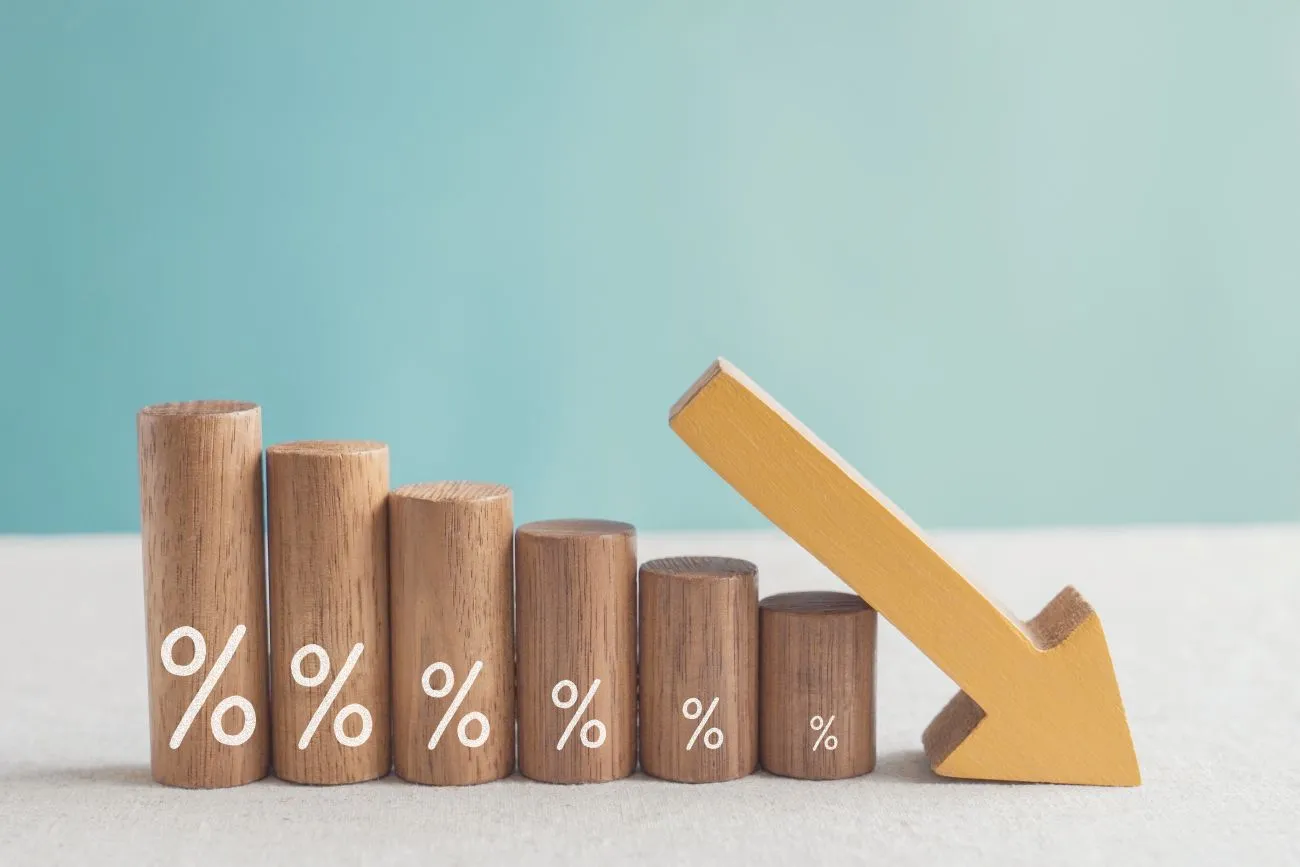- Most lenders require borrowers to pass a credit check.
- Low-income individuals may be able to access government loans.
- Credit unions also offer affordable borrowing options.
More than half of all Australian seniors are worried that they may not have enough money to last them through their retirement.1 If you’re one of those seniors and you’re faced with an unexpected major expense, you may be wondering if there’s an affordable way to borrow some funds to help you get through the emergency.
Most lenders expect people to have proof of income, and they may also want to perform credit checks before they lend out money. Read on to learn some options you have for accessing affordable, lower interest rate loans even if you’re a senior on a smaller retirement income or you have a credit file with some blemishes on it.
 SewCream / Shutterstock
SewCream / ShutterstockWhat Options Do You Have for Borrowing Money?
If you’re a senior who needs to borrow money, you have several options. Do you just need a small amount of money for a short period of time? If so, a credit card may fulfill your needs. Alternatively, for borrowing over a longer period, installment loans typically offer better interest rates. Several lenders provide installment loan options. If you’re like most people, borrowing from your own bank makes a lot of sense. Other options can include credit unions, peer-to-peer lenders and subprime lenders that specialise in those with defaults or other adverse credit.
Why Is It More Difficult for Older Adults to Access Credit?
Accessing credit can be difficult if you’re a retiree who’s no longer working and you have no income or only a small income. Lenders view you as higher risk. In addition, banks may be wary of extending a longer-term loan to you if you’re over a certain age because of the risks associated with aging. Older people are more likely to have high medical bills or face health issues that may make it more difficult for them to pay back a loan. While banks aren’t permitted to discriminate against people based on age alone, risk assessment algorithms don’t assess your affordability favorably if you’re spending a lot of money on medications or hospital treatments.
Can You Borrow Money Without a Credit Check?
Most lenders want to do a credit check before they loan you money, but this isn’t always the case. Some lenders are more flexible and may allow you to borrow money with a more basic identity check. If you’re a senior who has had financial problems in the past or you’re living on a lower income, look for government loans or loans from nonprofit institutions or subprime lenders that are happy to work with a wider variety of borrowers.
Low-Interest Loan Options for Seniors
The average interest rate on a variable-rate personal loan in Australia is 14.41 percent. The interest rate is 12.42 percent for a fixed-rate loan.2 Loans aimed at subprime borrowers tend to have much higher rates than this. At the other end of the market, people with stable incomes and good credit histories can access loans with interest rates as little as half of the average. If you’re a senior looking for low-interest loans, shop around and consider your options carefully. Thanks to government programmes, affordable loans are out there even for those who are on relatively modest incomes.
No-Interest Loan Scheme
If you’re a senior on a lower income and who needs money to pay for essentials, you may qualify for the government-backed No Interest Loan Scheme. This scheme allows you to borrow $1,500 for 12 to 18 months, with affordable repayments. There’s no credit check, and the lender charges no fees.3 The NILS doesn’t give cash loans. Rather, you specify what you need the loan for (such as car repairs or a household appliance), and the lender pays the supplier directly.
Peer-to-Peer Lending
Another option that may be accessible to you if you struggle to access mainstream credit is peer-to-peer lending. These lending organizations allow individuals to “invest” money into loan pools. The organization lends this money to borrowers, and the investors earn interest when the borrower pays back the loan. Peer-to-peer loans are often more flexible than their conventional counterparts, with lenders being willing to cater to people with adverse credit or lower incomes on a case-by-case basis.
Credit Unions
Depending on where you live in Australia, you may be able to access a local credit union. These mutually owned organizations aren’t as common as they used to be, but there are still 40 of them offering service to Australian residents.4 Credit unions operate on a not-for-profit basis, which means they can often offer lower interest rates for loans (and higher interest rates for savings) than a traditional bank. In addition, they’re usually willing to work with borrowers who are less appealing to mainstream lenders because they’re committed to serving people within a given local community.
Secured Loans
As a last resort, if you’re a senior in financial difficulty, you may consider taking a secured loan. This type of loan means putting down a valuable asset, such as a car or a house, as collateral for a loan. If you don’t make repayments on the loan, the asset is repossessed and sold to cover the outstanding debt. Secured loans can have lower interest rates than their unsecured counterparts, but the risk to you, as the borrower, is high because an unforeseen change in your financial circumstances can mean you lose your property.
No Credit Check Loans
Finally, some lenders offer no credit check loans. These lenders consider individuals on a case-by-case basis. They may ask to see proof of income and expenditure. They may even have you link your bank account using an app, so they can see how you manage your spending over time. Compared to a traditional sub-prime lender, a no credit check lender may offer an interest rate that’s more fair, but you’re likely to pay more for a loan from one of these companies than from a mainstream bank. However, since these lenders don’t perform a credit search, you don’t harm your credit rating by getting a quote from them to see what they can offer.5
Your Bank Knows You Best
If you’ve been with the same bank for several years or decades, that bank knows your income and expenditures as well as how reliable you are when it comes to paying bills and managing your money. This means they may be willing to offer loans that a third party is unlikely to consider. You’re more likely to find someone who’s willing to use their discretion at a smaller region-wide bank than a national one that’s heavily computerized. Whatever bank you work with, however, it’s still worth asking what they can offer you before you consider potentially more expensive options.
Make Sure You Can Pay the Loan Back
Before borrowing money, create a budget and make sure you can pay the loan back. Think about all your expenses:
- Rent or mortgage
- Taxes
- Utilities
- Other debts you’re paying back
- Groceries
- Travel expenses
- Entertainment
- Seasonal expenses (e.g. birthday gifts)
Make sure you can comfortably pay back the loan, ideally while putting aside a small amount of money to cover other unforeseen expenses. Don’t fall into the trap of borrowing money, then finding the loan repayments unaffordable and having to borrow more to cover priority costs, such as your rent.
Get Help if You’re Struggling with Debts
If you’re struggling to make ends meet and are worried about your debts, contact the National Debt Helpline at 1800 007-007. This helpline, open Monday to Friday from 9:30 a.m. to 4:30 p.m., offers free, confidential advice about debt-related issues.
Don’t be embarrassed to approach your creditors if you’re struggling to pay your debts. Lenders are often willing to come to a repayment arrangement with borrowers who proactively engage with them. The sooner you speak to your creditors, the more likely it is you can avoid having hefty late payment charges and extra interest added to your accounts.


